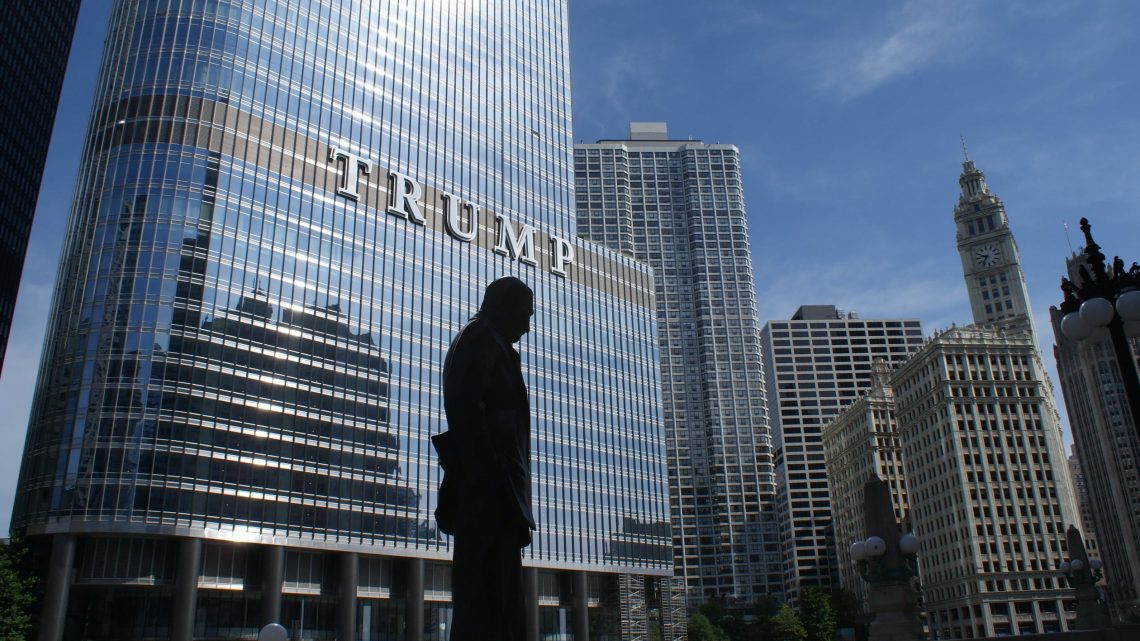Twitter permanently suspended Donald Trump’s account on 8 January 2021. Twitter clearly explains why. Trump has made statements in violation of Twitter’s public interestframework.
It is not so much the content of the statements that led the ban. In recent years, Trump communicated many statements that were untrue, threatening, etc., and his tweets were regularly blocked or commented on by Twitter. The reason for the decision to ban Trump from Twitter is the consequences of the Tweets: the citizens attack on the Capitol. It is quite conceivable that new Tweets will lead to similar incidents.
Permanent ban justified?
The question is when the fear for consequences of such tweets is no longer there. An obvious moment would be after the inauguration of Biden. However, Trump could also make inflammatory statements after that. Perhaps lift the ban after a month, two months? Hard to say. It follows from their Glorificationofviolencepolicy, however, that in cases like this the ban is permanent. And, as is also true for Super heroes: “with great power comes great responsibility”. Trump will remain powerful after his presidency, but he is not the person to act in a responsible way.
Responsibility Twitter?
The question is whether Twitter should have the possibility to deprive someone of his big online audience. In the Volkskrant of 11 January (see also Financial Times 11 January), Merkel’s spokesperson says:
“The operators of online platforms are responsible for ensuring that political communication is not poisoned by hatred and incitement to violence (…) freedom of expression (…) can only be restricted by the legislator and not by a decision of a company”.
This quote is contradictory. If a company is responsible for poisoned communication, they are also restricting freedom of speech. There is no law or judge involved here. Of course, you can always go to court. Trump frequented court a lot, especially after the election. The judge can decide to suspend an account. But then the question has to be brought before the judge. Twitter has no interest in going to court to ask for an account to be suspended, or to have the correctness of the suspension checked. That is up to the injured party. So to Trump.
New legislation?
How Merkel envisages the restriction by the legislator I do not know. That there will be a law stating under which circumstances an account can be permanently suspended or not? This Trump case clearly is not about the communication as such. There is a lot of legislation and case law about that. Civil law can restrict the freedom of speech on the grounds of torts and there are criminal provisions concerning hate speech, insults and threats.
It is, however, a subject that deserves attention. Platforms such as Twitter, Facebook and Instagram are important channels for many. If people are banned this may have major consequences for the person concerned, financially or otherwise. Such a decision should be made carefully. And, there should be an effective and fair procedure to object to such a decision. This is generally lacking in practice and would be a good subject for future legislation.
Right to data portability
Another point of interest that I discussed with master students yesterday is data portability. As a suspended user, do you have the right to your photos, expressions, contact lists? In principle, when a user is suspended, all his content should be given to him. This does not happen in practice either. Sometimes this can be justified because there was harmful information on the platform, but in many cases there is no reason not to provide this information. Trump, for one, for sure would be very happy with all his Tweets. So he can read them again.



